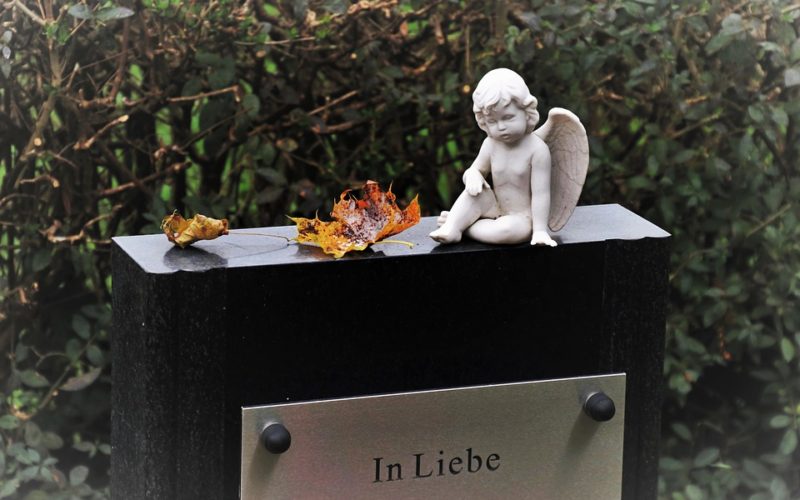Wedding planning is an exciting and joyful time, but it can also come with its fair share of challenges. Tensions between in-laws, often well-meaning but overly opinionated, can quickly disrupt the process. Understanding why conflicts arise and knowing how to manage them is key to keeping the focus on creating an enjoyable and memorable celebration.
Why in-law tensions often arise
Planning a wedding brings together different personalities, traditions, and expectations. Parents, particularly in-laws, might have strong opinions about various aspects of the occasion, from the guest list to cultural customs or even the choice of a wedding florist. Their input often stems from a desire to be involved or to preserve family traditions. Yet, these opinions can sometimes feel like overstepping boundaries, especially when they conflict with the couple's vision for their big day.
Uncertainty about roles can also spark tension. Parents might see themselves as key decision-makers, particularly if they are contributing financially. Meanwhile, couples often wish to assert their independence in making personal choices like selecting wedding firework displays or creating a uniquely styled ceremony. This dynamic can lead to miscommunications and hurt feelings if boundaries aren't clearly established.
Open communication is critical
One of the best ways to handle in-law tensions is to prioritise clear and respectful communication. Engage in open conversations early on to outline how decisions will be made and who will take on specific roles. Explain your vision for elements such as décor, catering, or hiring a specific wedding florist to set expectations from the start.
If conflicts arise, consider having a private conversation with your partner's parents rather than discussing differences in larger group settings. Addressing concerns one-on-one with empathy can help avoid misinterpretations and keep the focus on finding solutions that work for everyone.
Setting boundaries while involving in-laws
Setting healthy boundaries is essential to minimising tension while ensuring your in-laws feel included. This doesn't mean shutting them out entirely but rather defining where their involvement can be most meaningful. For instance, you might ask them to take charge of specific tasks such as planning transport logistics or coordinating elements like the wedding firework displays. These responsibilities ensure they feel valued while giving you and your partner creative control over the wedding's key components.
Remember that compromise doesn't mean giving up on your dream wedding. Allowing flexibility in less critical areas means you remain focused on what matters most to you as a couple while showing respect for their input. Balancing these interests can lead to more harmonious interactions.
Dealing with cultural or traditional conflicts
Marrying into a family with different cultural or religious traditions can add another layer to wedding-related conflict. Certain rituals, ceremonies, or even wardrobe expectations may diverge from what you envisioned, creating a potential clash between preserving tradition and asserting your preferences.
If you find yourself in this situation, work towards creating an inclusive atmosphere. Talk with your in-laws and find thoughtful ways to integrate their traditions without compromising on the aspects that reflect you and your partner. For example, you could blend a formal ceremony with a more relaxed reception to meet everyone halfway.
Take care of your own relationship
Through it all, don't forget the importance of prioritising your relationship. Wedding planning often creates stress, and disputes with in-laws can sometimes take a toll on your connection as a couple. Make time to discuss issues together in private, ensuring your partner feels heard and supported. Align on the non-negotiables of your wedding plans as a united front, which can help reduce feelings of being overwhelmed.
Additionally, lean on trusted professionals, like a reliable wedding florist or an event planner, to take care of the finer details for you. Their expertise can ease logistical burdens, allowing you to focus on enjoying the process together.
Celebrate the day with unity and appreciation
A wedding is ultimately about celebrating love and unity, which includes nurturing relationships with your extended family. While tensions may surface, viewing this planning process as an opportunity to build stronger ties with your in-laws can shift your mindset. Praise their efforts and show gratitude where it's genuinely felt; small gestures go a long way in fostering goodwill.
With thoughtful communication, clear boundaries, and a focus on the bigger picture, you can ensure your wedding day is a cherished memory for everyone involved. By navigating in-laws' expectations with care, you'll build a foundation for meaningful relationships that last far beyond the wedding firework displays lighting up the night.























